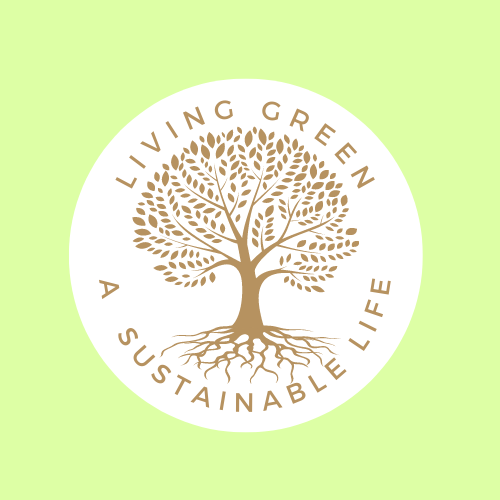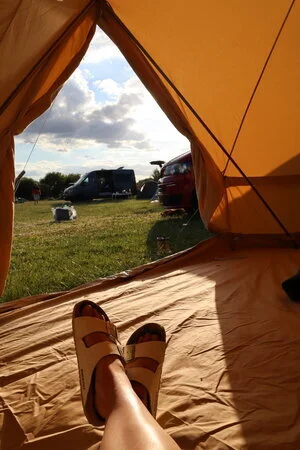Don't rush back to "Fast Fashion" stores this week.
Yesterday I started to write this article on why we shouldn’t rush back to “fast fashion” shops as they open this week for the first time in months.
Today I read an article from Vogue on fast fashion shared my Aja Barber on her Patron which broke my heart. It made me all the more fired up to write this. Why? Because it not only highlighted how unsustainable fast fashion is, it highlighted how deeply racist it is too. In a time when Black Lives Matter and talk on race is at the fore front its more important than ever to highlight and talk about how race is linked into so much of our everyday lives. Even perhaps the t-shirt your wearing now.
In the article Osman Yousefzada spoke to a group of garment workers asking them who they thought they were making the clothes for. One replied, “they’re not black like me, they’re much fairer and very pretty,” “beautiful faces, their lips, they are like dolls”. I think these two sentence speaks a thousand words. Of how different cultures are displayed, of lighter skinned beauty ideals, of the fact that they may not know who exactly they are making the clothes for, we too have no idea who is making our clothes.
Why are our clothes made is less economically developed countries? Why are these garment workers paid below the living wage when fashion design is seen as a sort after job in Europe and other developed countries? Profit that’s why.
HOW FAST FASHION brands TREATED THEIR EMPLOYEES THOUGH THE PANDEMIC.
The poor treatment and low wages of garment workers in Bangladesh and around the world is nothing new, but it got worse. It got worse when Corona Virus spread across the world and we all went into a state of lock down.
When Britain went in lock down in late March many fast fashion brands cancelled billions of pounds worth of orders and refused to pay for orders that had already been made boxed and ready to ship for them.
Gap, Mothercare and Primark are among the brands believed to have not paid Bangladeshi contractors for orders placed before the pandemic. Follow the hashtag #payup for some great insights into the treatment of garment workers.
SHOULD TURN OUR BACKS ON FAST FASHION In THIS NEW NORMAL.
When reading articles on how much these garment workers need their jobs back and how much they need to be paid it is easy to think for a second “well we should head back to the shops and start buying so companies start paying them again.” But there lies the problem. If we support companies that treat their workers so poorly letting them work long hours in bad conditions, thing will never change for many in the global south.
Can we justify the poor working conditions so we can shop cheaply and excessively? Do we need to do this?
AFTER WE DE-CLUTTERED DO WE NEED MORE CLOTHES.
My latest ethical capsule wardrobe edit.
If your anything like me you’ve used some of your time at home during lock down to have a bit of a de-clutter. I’ve gone through my wardrobe on more than one occasion.
What did you find in the deep depths of your wardrobe? Things you had forgotten you loved? Things that never quiet fit before but now do? Things that it’s time to move on from, perhaps sell on eBay or give to the charity shop?
I actually found a few things I used to love but were in need of repair. I have been putting them back in my drawers for years, forever saying “I’ll get around to mending those one day.” I never do of course and actually sewing isn’t my strong point. So I took them to a seamstress. She was insanely cheap (I think I’m very lucky to have her) and charged me £6 to mend two items. In fact I’m wearing one of them as I write this, I’m so happy to have it back as good as new.
Maybe this is something you could do? Or maybe you’ve re-discovered some thing you forgot you had. Maybe a seamstress could alter them for you if they no longer fit? Whatever the case maybe for you, have a think, do you really need to head back to the high-street and re-stock on things you really don’t need?
The last 3 months really have been a fast fashion detox for us all. My question is… Did you miss it??….
SUPPORT BLACK OWNED BUSINESSES AND SMALL FASHION OUTLETS.
One thing I have learnt during this pandemic is that the businesses I hoped survived were the small ones. The ones run by working from home Mum’s, by young females and local small businesses. Since I’ve been reading more and more on the issues of race I have also come to realise how important it is to support Black or BAME owned businesses too, because many of these businesses may not get the same opportunities to grow as their white peers.
Some of my current favourite small, ethical or BAME owned businesses are Kemi Telford, Stalf, and Naked Generation.
So if you do feel the urge for a little shop or there is something you particularly need, perhaps you might think about supporting some of these amazing businesses.
I think ethical fashion is affordable to most of us.
If you do decide like me there are a few things missing from you wardrobe that could make it work better for you and you then head over to some of the brands I have mentioned, but quickly click away because you think “woah, out of my price range honey,” well actually their out of my price range too, or are they?
We would think nothing of buying 4 £20 dresses throughout the year, even if we only wore them once or twice. What if you brought just one fabulous dress, that you love, that you’ll wear in all seasons and never get bored of. What if you asked for it as a birthday present, or you put a little money aside. In fact I recently read some great advice, “every time you feel the urge to pop into a high street store and spend a little, put that £25 into a pot. You’ll be surprised at how quickly that pot adds up.” You’ll be able to buy a Stalf jumpsuit before you know it…..
As always, just something to think about…
Hannah xxxx













Finding it hard to leave the liquid bottles behind? Here’s 6 easy ways to make the switch to shampoo and conditioner bars.